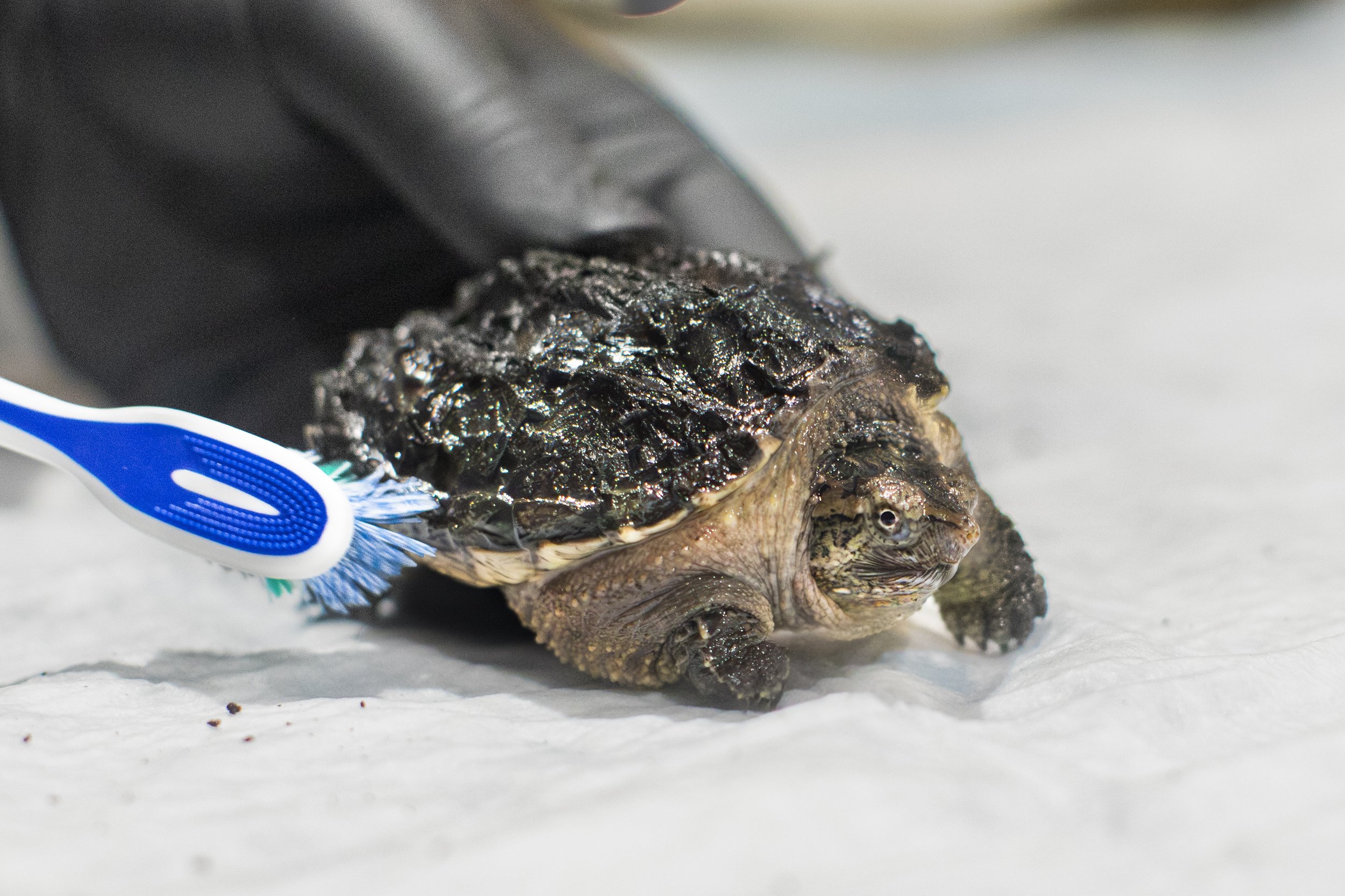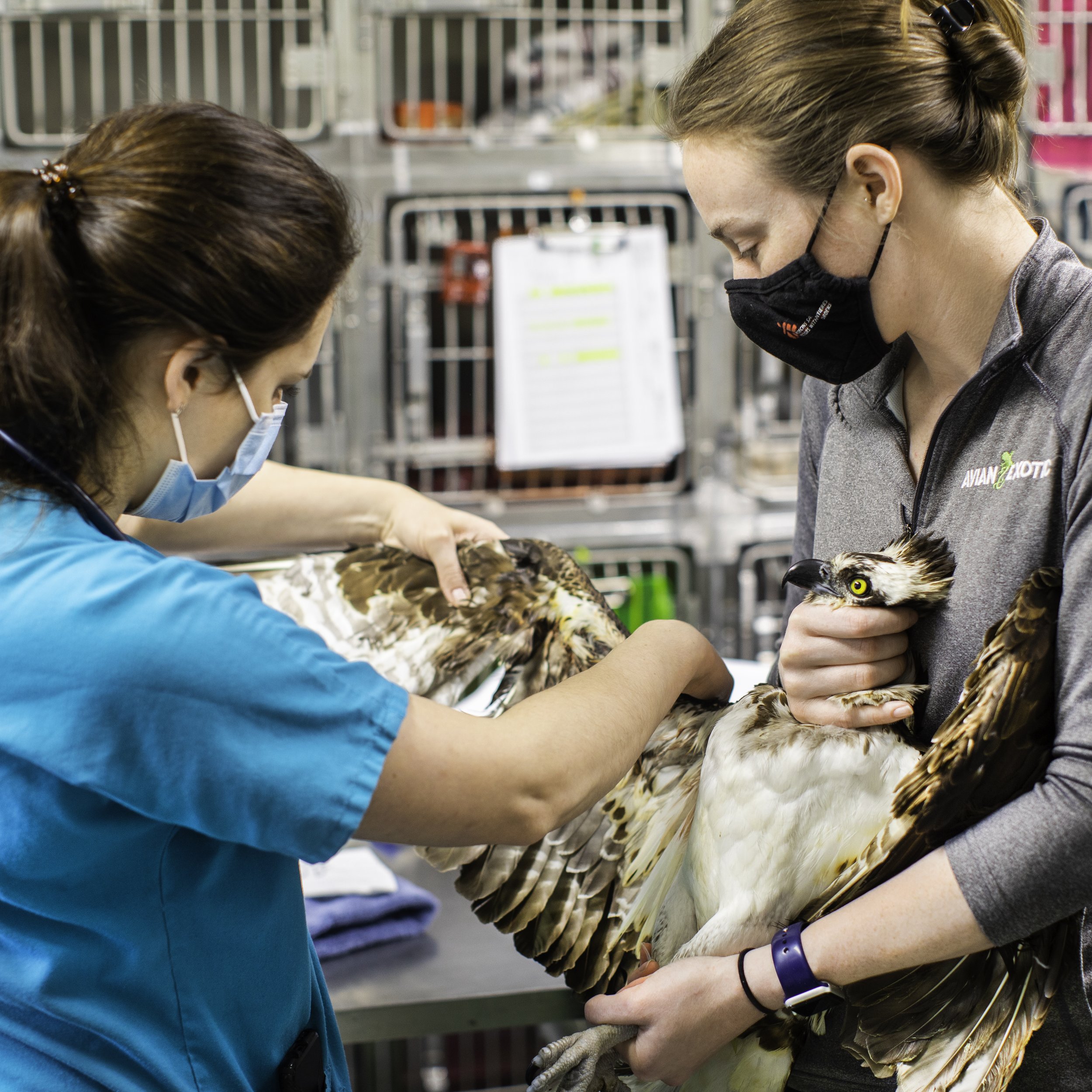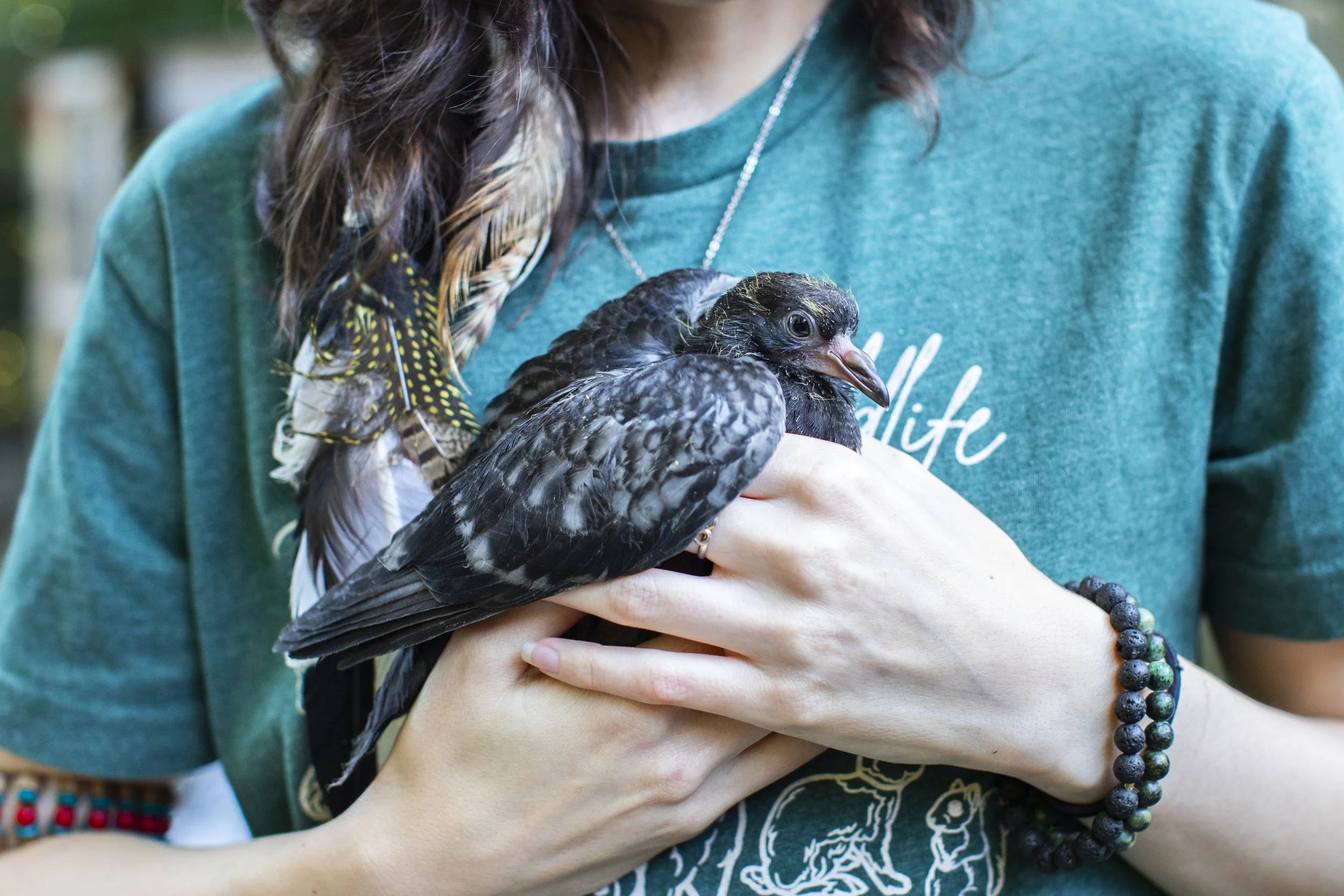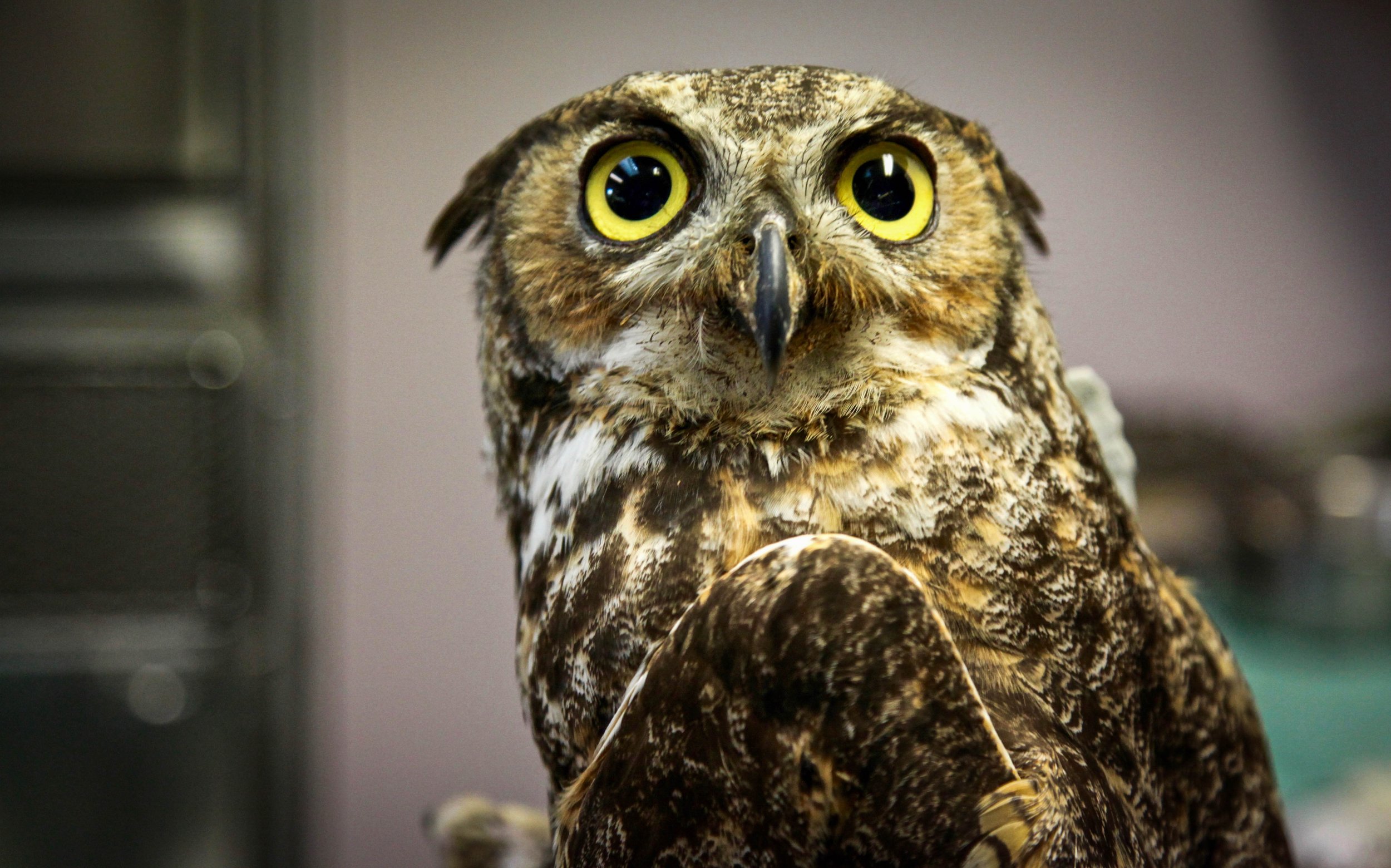
WELCOME TO RE-WILDING INDIANA!
If you’ve encountered injured or orphaned wildlife, click here!
Thank you to all of our supporters in 2025!
We want to thank you for your generosity and for journeying with us on our first year, which by all measures was a success! This year over 1100 injured wildlife patients received treatment in the hospital, and over 800 were cared for by our rehabilitation team. We are thrilled to announce that an anonymous donor is matching every donation we receive up to $5000 until December 31st. Please consider a year end gift to give us a head start before our busy season begins this spring!
DONATE HERE!
-
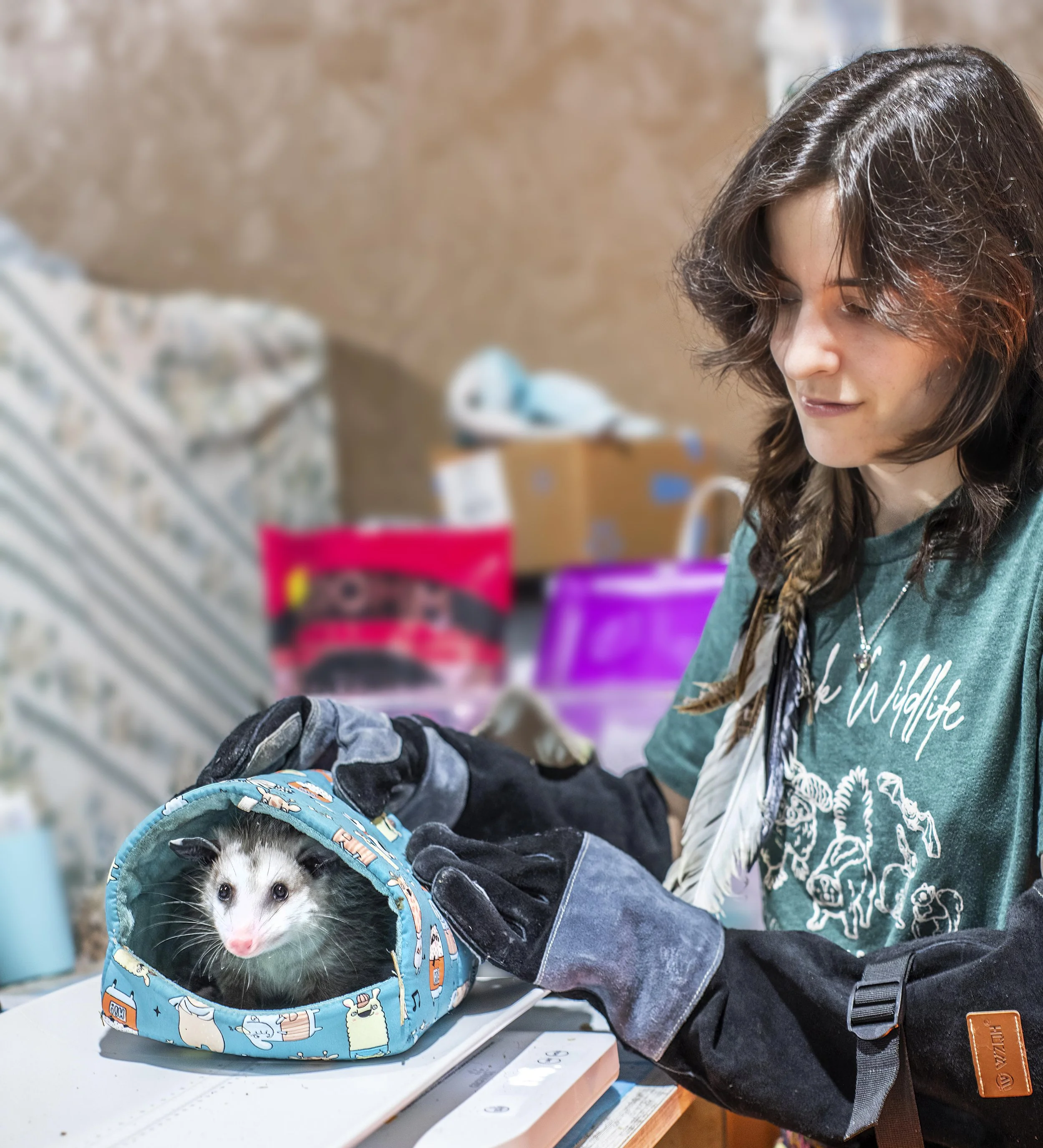
RESCUE & REHABILITATION
Providing guidance and rescue help for orphaned, injured, or ill wildlife—and giving them the care they need to return to the wild. Learn more here!
-

WILDLIFE HOSPITAL
Providing expert medical and surgical care for injured or ill wildlife, with the goal of release back in to the wild. Learn more here!
-

EDUCATION
Helping the community members to see what a value our native wildlife is and what each person can do to help. Learn more here!
Not all wildlife needs rescuing!
Before calling a wildlife rehabilitator, see these helpful guides to determine if the animal you have found actually needs help FIRST!
Please be advised that it is illegal to capture and keep native Indiana wildlife for any reason, other than to rescue and transport them to licensed wildlife rehabilitators. Most wildlife do not make good pets, and some can cause severe injury to would-be rescuers.
Well-meaning members of the public can actually cause stress, illness, or even death attempting to care for wildlife, and some animals carry disease or can cause injuries to humans.
The best possible thing you can do for a wild animal in need is to check the website above, and if needed connect with a licensed wildlife rehabilitator as quickly as possible. Experienced and caring rehabilitations, with the help of the wildlife hospital staff will give the animal the best possible chance for long-term survival.

If your wildlife rehabilitators agree the animal needs help, the following tips will help with transport:
Most wildlife species do not tolerate being handled by humans; some can even die from the stress of just being picked up!
Please do not offer any food, water, formula, or medications to wildlife without first consulting us or another licensed rehabilitator.
Handle them for as short a time as possible.
Place them in escape-proof containers for transport. Cardboard boxes with natural bedding like grass clippings or nesting materials work well. For larger animals, consider using opaque plastic bins or trash cans.
Keep them in a quiet, dark place.
Do not let children handle them.
For orphaned baby mammals, provide gentle supplemental heat like a hot water bottle under a towel or a heating pad on the lowest setting under part of the box.
Be sure the box is secured safely for transport. Unconscious animals can wake up during the trip!
Some species can pose dangers to their rescuers. All adult animals and birds of prey should be handled very carefully. Injured adults can be carefully picked up with a shovel or bundled in a large towel and placed in a box or tub. When in doubt, call a wildlife rehabilitator for help!
